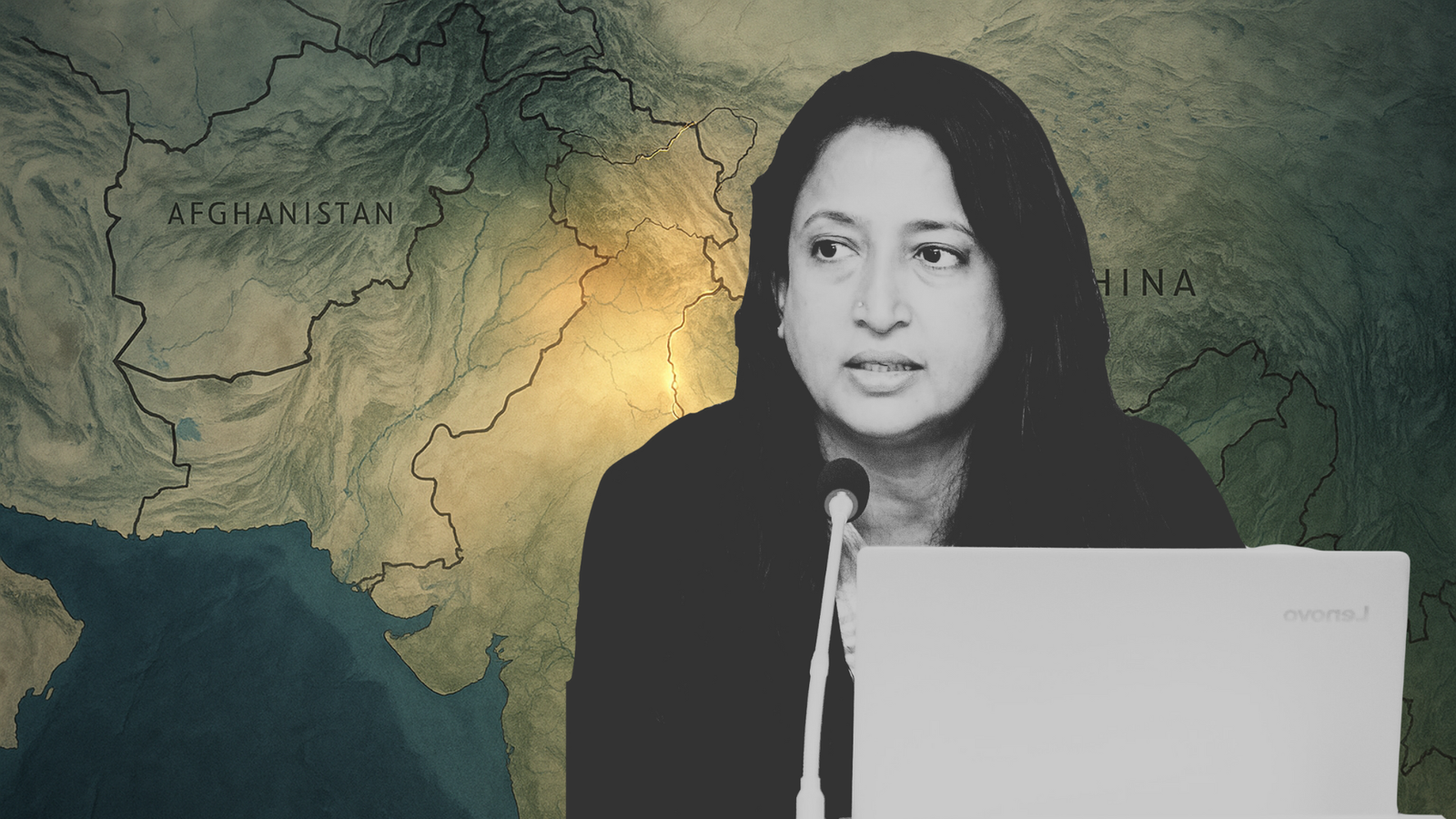In an in-depth conversation on the Afghan Eye Podcast, Dr Shanthie Mariet D’Souza, a leading Indian scholar of South Asian strategic affairs, laid out India’s evolving policy towards Taliban-ruled Afghanistan. Drawing on decades of fieldwork and diplomatic engagement, she highlighted the tension between India’s deep-rooted historical ties with Afghanistan and the geopolitical constraints shaping New Delhi’s current cautious engagement with the Islamic Emirate.
India’s Threefold Interest in Afghanistan
According to Dr D’Souza, India’s enduring interest in Afghanistan is grounded in three pillars: historical-civilisational ties, strategic security calculations, and long-term economic potential. From the cultural nostalgia of Tagore’s Kabuliwala to the extensive people-to-people connections cultivated over decades, Afghanistan remains part of India’s strategic imagination. However, this is not merely sentimentalism.
Security concerns, particularly Pakistan’s historical use of Afghan territory as strategic depth, continue to colour India’s perception. Meanwhile, Afghanistan’s location as a land bridge to Central Asia positions it as vital to New Delhi’s ambitions for connectivity through initiatives like the International North-South Transport Corridor and Chabahar Port.
Engagement Without Recognition
While regional actors such as Russia, China, and Central Asian republics have moved toward formal relations with the Taliban, India has charted a more measured course. Dr D’Souza noted that India maintains a functioning diplomatic presence in Kabul and has resumed humanitarian assistance and development work. Yet, official recognition remains off the table for now.
“There is a fine line between engagement and recognition,” she explained. “India is adopting a realist approach, choosing to engage with the current authorities while holding back formal endorsement.”
This cautious policy stems from several considerations: the lack of broad international recognition of the Taliban and India’s domestic political dynamics. Despite India’s Hindu nationalist ruling party and domestic communal tensions, Dr D’Souza emphasised that Indian foreign policy is driven more by realpolitik than ideology.
Regional Realpolitik and Economic Connectivity
Dr D’Souza argued that regional connectivity is increasingly driven by economic pragmatism rather than ideological alignment. From the Turkmenistan-Afghanistan-Pakistan-India (TAPI) pipeline to CASA-1000 and Chabahar Port, Afghanistan’s stabilisation is essential to regional development.
She noted that the Taliban have expressed openness to these projects and even adopted a neutral, constructive posture in recent India-Pakistan tensions.
The Termez Dialogue and Beyond
Reflecting on the Termez Dialogue in Uzbekistan, Dr D’Souza praised the initiative as a serious step towards regional cooperation. She noted that Central Asian countries have effectively coordinated their positions, unlike the divided South Asian bloc. “South Asia needs to get its act together,” she stressed.
Dr D’Souza welcomed the suggestion of future Track-II or semi-official conferences in Kabul, arguing that such initiatives could connect regional stakeholders—including youth, women, business leaders, and chambers of commerce—with tangible economic projects that transcend diplomatic impasses.
India’s Strategic Patience
India’s long-standing support for Afghanistan has included over $3 billion in aid, infrastructure, and institution-building. Dr D’Souza warned that forfeiting this goodwill would undermine India’s strategic interests.
She concluded that while India may continue to keep formal recognition of the Taliban at bay, it will remain engaged in shaping Afghanistan’s future through calibrated diplomacy, regional dialogues, and economic interdependence.
“India cannot change its geography,” she said. “It must work with the realities on the ground, and that means dealing with whoever governs in Kabul.”
